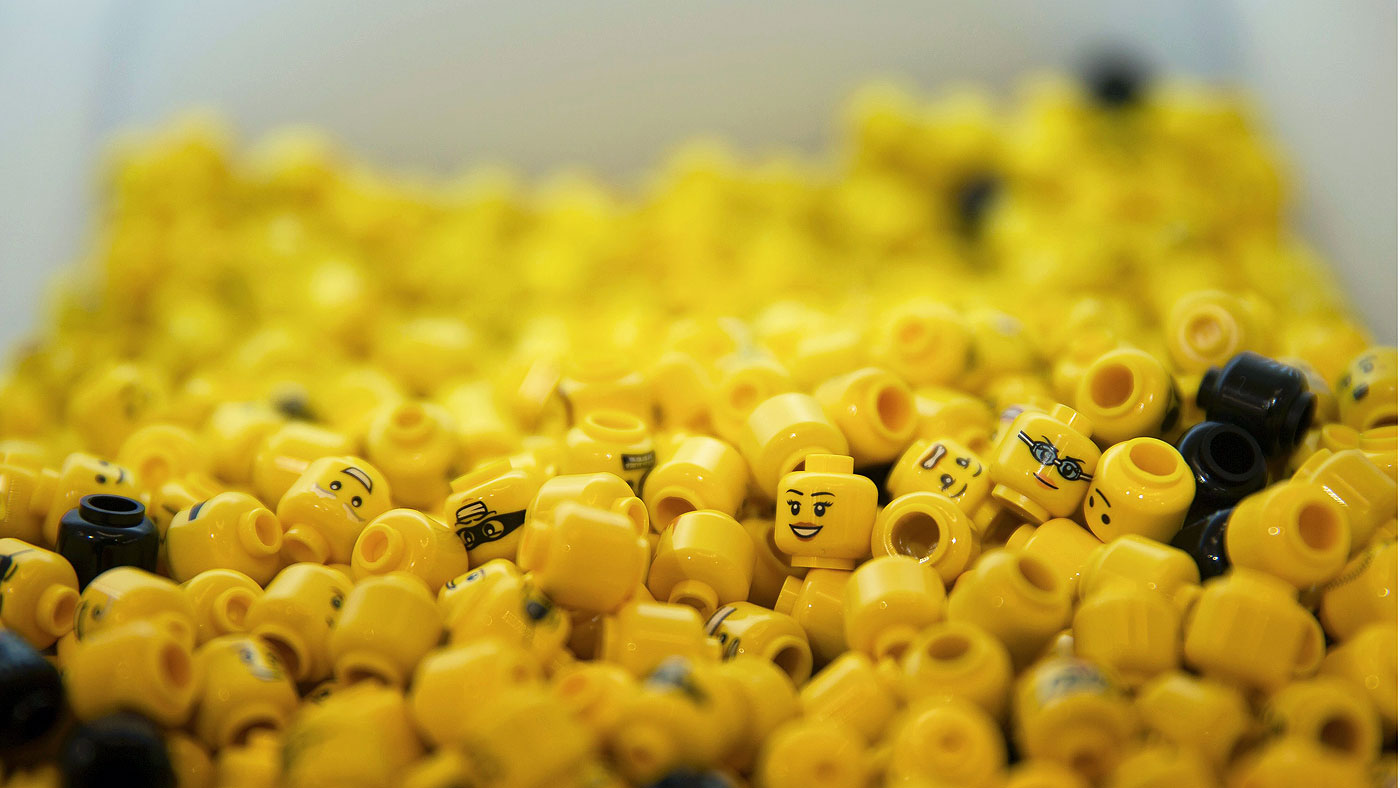Another brick in the wall: Lego plans to use greener plastics
Danish toymaker pledges to end use of oil-based plastic by 2030

A free daily email with the biggest news stories of the day – and the best features from TheWeek.com
You are now subscribed
Your newsletter sign-up was successful
Lego has announced plans to phase out oil-based plastics, replacing them with more sustainable materials over the next decade.
Last year, the BBC series Blue Planet II raised public concern about the environmental harm done by discarded plastics, which break down into microscopic particles and enter the food chain through the world’s oceans.
But less attention has been paid to how plastics are made, even though they rely heavily on oil. Every kilogram of ABS plastic produced for Lego requires 2kg of petroleum.
The Week
Escape your echo chamber. Get the facts behind the news, plus analysis from multiple perspectives.

Sign up for The Week's Free Newsletters
From our morning news briefing to a weekly Good News Newsletter, get the best of The Week delivered directly to your inbox.
From our morning news briefing to a weekly Good News Newsletter, get the best of The Week delivered directly to your inbox.
Plant-based alternatives are being developed, but they can’t yet match the properties of their oil-based predecessors.
“We’ve had 50 years to play with ABS and perfect it,” Tim Brooks, a Lego vice-president, told Wired magazine. “We’re not at that stage with bio-based materials and recyclable materials.”
One of the biggest challenges is replicating the grip of the existing blocks. They need to stick together firmly, but still come apart when pulled – a quality the firm calls “clutch control”. There are also problems with colour consistency.
Nevertheless, Lego has committed to replacing all oil-based plastics by 2030.
A free daily email with the biggest news stories of the day – and the best features from TheWeek.com
Sharon George, a lecturer in environmental sustainability at Keele University, told the Financial Times: “It’s not an easy challenge for them. But I really hope that Lego can do something innovative because if anybody can they can, thanks to their prices.”
The huge firm is able to buy one kilo of ABS plastic granules for about 75p, says the newspaper – and sells the equivalent weight of bricks for £58.
It will make a start this year, replacing trees, bushes and some dragon wings with plant-based polyethylene.
Take our survey for your chance to win £100 John Lewis vouchers